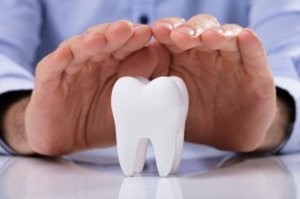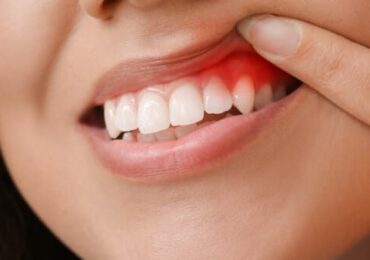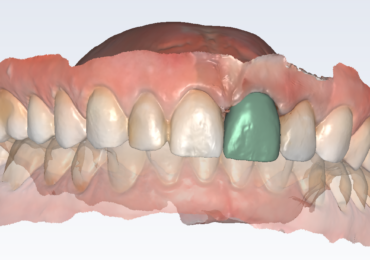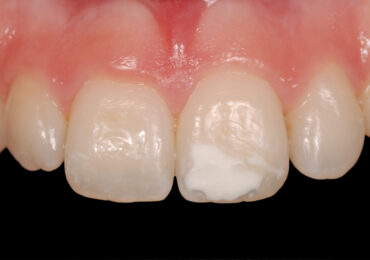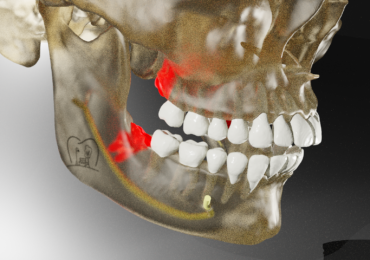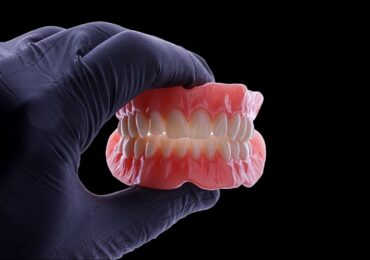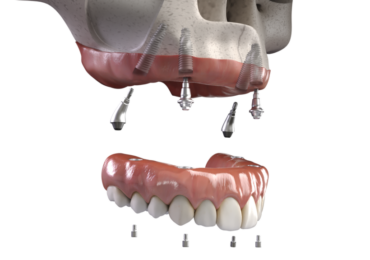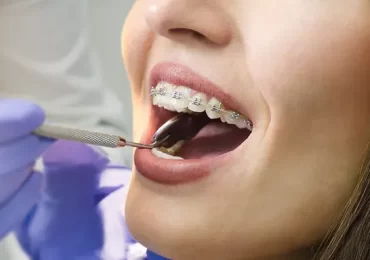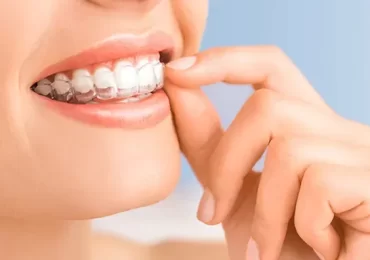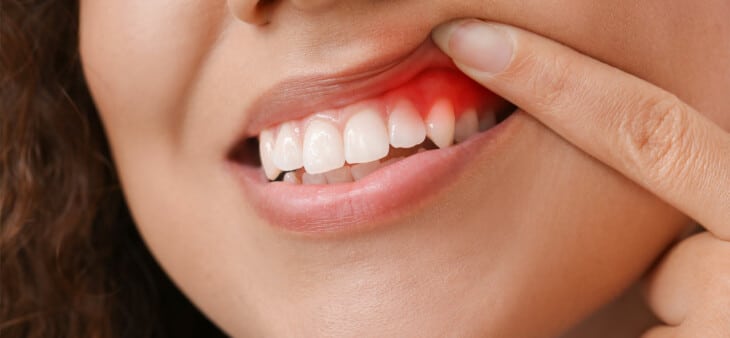
Periodontal Therapy (SRP) at Parkside Dental
Periodontal therapy, also known as scaling and root planing (SRP) or deep cleaning, is a comprehensive treatment designed to combat gum disease. At Parkside Dental, we prioritize your gum health and aim to halt the progression of periodontal disease, ensuring a healthier, brighter smile.
What is Periodontitis (Gum Disease) and am I at risk?
Periodontitis, also known as gum disease, is a chronic infection of the gums that damages the bone that supports your teeth. Periodontitis can cause teeth to loosen or lead to tooth loss. Several factors can increase your risk of developing periodontitis and unfortunately, it is more common than you may think.

One often overlooked factor is that this is an infectious disease, meaning one of the most common increases in risk is the transmission of bacteria from a partner. Maintaining good oral hygiene and regular dental visits can help mitigate this risk. It’s important for both partners to be aware of their oral health and take proactive steps to prevent the development and spread of gum disease.
What is Periodontal Therapy?
Periodontal therapy involves a thorough cleaning of the teeth and gums, targeting the removal of plaque and tartar buildup below the gumline. This process helps to eliminate bacteria and toxins that contribute to gum inflammation and infection.
Benefits of Scaling and Root Planing
- Preventing Disease Progression: SRP is essential in preventing the advancement of gum disease, reducing the risk of tooth loss and other complications.
- Improving Oral Health: By removing harmful bacteria and toxins, SRP promotes healthier gums and overall oral hygiene.
- Reducing Inflammation: This procedure helps to alleviate gum inflammation, providing relief from pain and discomfort associated with periodontal disease.
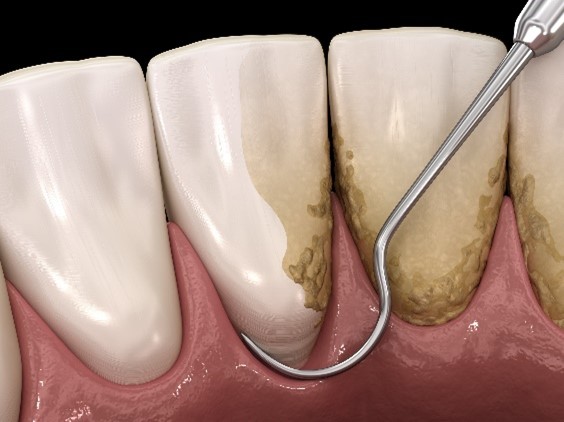
The SRP Procedure – What to expect
- Initial Examination: Dr. Alex W. Broesder and one of our Dental Hygienist will conduct a comprehensive examination of your gums to assess the extent of the periodontal disease and determine the appropriate treatment plan.
- Scaling: Using specialized instruments, plaque and tartar are meticulously removed from the tooth surfaces and beneath the gumline.
- Root Planing: The root surfaces are smoothed to prevent future plaque buildup and help the gums reattach to the teeth.
- Goal: Our primary goal is to get the gums to shrink back down to the bone level, reducing infected pocket depths and creating nice, healthy, taut gums. With consistent care and monitoring, we aim to keep your gums healthy and prevent further complications.
Maintenance and Managing Periodontitis
Post-SRP care is crucial for long-term success. Dr. Broesder will recommend a customized maintenance schedule, which may include more frequent dental cleanings and checkups to monitor your gum health and prevent the recurrence of periodontal disease. This personalized approach ensures your gums stay healthy and helps in maintaining the benefits achieved through SRP.
While there is no cure for periodontitis, proper treatment and ongoing maintenance can halt the disease in a stage of remission. Our primary goal is to get the gums to shrink back down to the bone level, reducing infected pocket depths and creating nice, healthy, taut gums. With consistent care and monitoring, we aim to keep your gums healthy and prevent further complications.
Post-Treatment Care
- Oral Hygiene: Success in preventing the reactivation of periodontal disease relies heavily on the patient’s home care. While only the patient can ensure their long-term oral health, we will provide regular coaching on focus areas and techniques to improve at your periodontal maintenance appointments.
- Diet and Lifestyle: Avoid s moking and consume a balanced diet to support gum health.
- Regular Checkups: Attend all follow-up maintenance appointments to ensure your gums remain healthy and to catch any signs of recurrence early. Typically, these are scheduled every 3-4 months.
How does SRP compare to regular cleanings?
Prophylaxis (Prophy)
Prophylaxis, often referred to as a “prophy” or regular dental cleaning, is a preventive measure that involves cleaning the teeth to maintain oral health and prevent disease. Once periodontitis has taken hold, the patient will never be a candidate for a “prophy” again, because there is not cure for gum disease. That is why we transition into maintenance appointments, to prevent the reactivation of the disease from its state or remission.
What are the signs and symptoms of gum disease?
Early signs of gum disease include red, swollen, or bleeding gums, persistent bad breath, and gum recession. Advanced stages may involve loose teeth, pus between the gums and teeth, or changes in bite alignment. Unfortunately, Gum disease often goes unnoticed until it is too late. It is important to have regularly dental examinations that screen for these early signs.
How long does the scaling and root planing procedure take?
The time required depends on the severity of your gum disease. Typically, SRP is completed in one or two appointments, with each session focusing on a specific area of the mouth.
What happens if I don’t treat periodontal disease?
Without treatment, periodontal disease can progress, leading to bone loss, loose teeth, and eventually tooth loss. Additionally, untreated gum disease has been linked to systemic health issues like heart disease and diabetes.
Can gum disease be cured?
While there is no cure for gum disease, periodontal therapy can halt its progression, bringing it into remission. With ongoing maintenance and excellent oral hygiene, you can maintain healthy gums.

